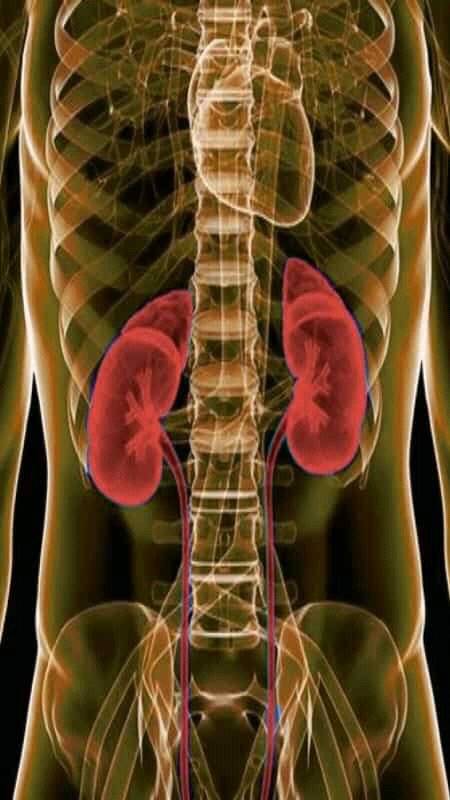There are several diseases and conditions that can lead to rapid, life-threatening outcomes within 24 hours if left untreated. These conditions require immediate medical attention. It's important to understand these conditions and seek help promptly to prevent a potentially fatal outcome. Here are some examples of diseases and conditions that can have such a rapid onset:
1. **Sudden Cardiac Arrest:**
Sudden cardiac arrest can occur when the heart's electrical system malfunctions, causing the heart to stop beating. Without immediate cardiopulmonary resuscitation (CPR) and defibrillation, it can be fatal within minutes.
2. **Acute Stroke:**
An acute stroke, particularly an ischemic stroke (caused by a blood clot in the brain), can lead to significant brain damage or death if not treated urgently. The "time is brain" principle emphasizes the need for swift intervention.
3. **Anaphylaxis:**
Anaphylaxis is a severe allergic reaction that can occur within minutes of exposure to an allergen. It can cause swelling, difficulty breathing, and a drop in blood pressure, leading to death if not treated with epinephrine and emergency medical care.
4. **Ruptured Aortic Aneurysm:**
Aortic aneurysms are weakened areas in the aorta, the body's largest artery. If one of these aneurysms ruptures, it can lead to massive internal bleeding and death within minutes.
5. **Meningococcal Meningitis:**
Bacterial meningitis caused by the Neisseria meningitidis bacterium can progress rapidly, causing inflammation of the membranes surrounding the brain and spinal cord. It can lead to death within hours if not treated with antibiotics.
6. **Ebola Virus Disease:**
Ebola is a highly infectious virus that can cause severe and often fatal illness. It progresses rapidly, and death can occur within days of infection if not properly managed and treated.
7. **Tetanus:**
Tetanus, caused by the bacterium Clostridium tetani, can lead to muscle stiffness and spasms, and severe complications, including respiratory failure and death if not treated urgently.
8. **Rabies:**
Rabies is a viral disease that can be transmitted through animal bites. Once symptoms appear, it is almost always fatal. It's crucial to seek immediate medical attention and receive post-exposure prophylaxis if bitten by an animal that might carry rabies.
9. **Heatstroke:**
Heatstroke is a severe form of heat-related illness that can occur when the body's temperature regulation fails. If not treated promptly, it can lead to organ damage and death.
10. **Hemorrhagic Fevers (e.g., Hantavirus, Yellow Fever):**
Various hemorrhagic fevers, caused by different viruses, can lead to rapid bleeding, organ failure, and death within days if left untreated.
11. **Suicide Attempt:**
While not a disease, suicide attempts are medical emergencies. Self-inflicted injuries can be fatal within hours if not intervened with immediate medical and psychiatric care.
12. **Severe Dehydration:**
Severe dehydration, often due to conditions like cholera or severe gastroenteritis, can lead to electrolyte imbalances, organ failure, and death within hours without rehydration.
It's important to emphasize that the speed of progression and severity can vary widely depending on individual factors, including overall health, medical history, and the availability of medical care. Recognizing symptoms and seeking prompt medical attention is crucial in all these cases.
Moreover, preventive measures are often the best approach to avoid these life-threatening situations. Maintaining a healthy lifestyle, staying up to date with vaccinations, managing allergies, and practicing safety and hygiene can significantly reduce the risk of encountering these sudden, critical health issues. Regular medical check-ups and a basic understanding of first aid and emergency procedures can also save lives in such situations.



No comments yet
Be the first to share your thoughts!